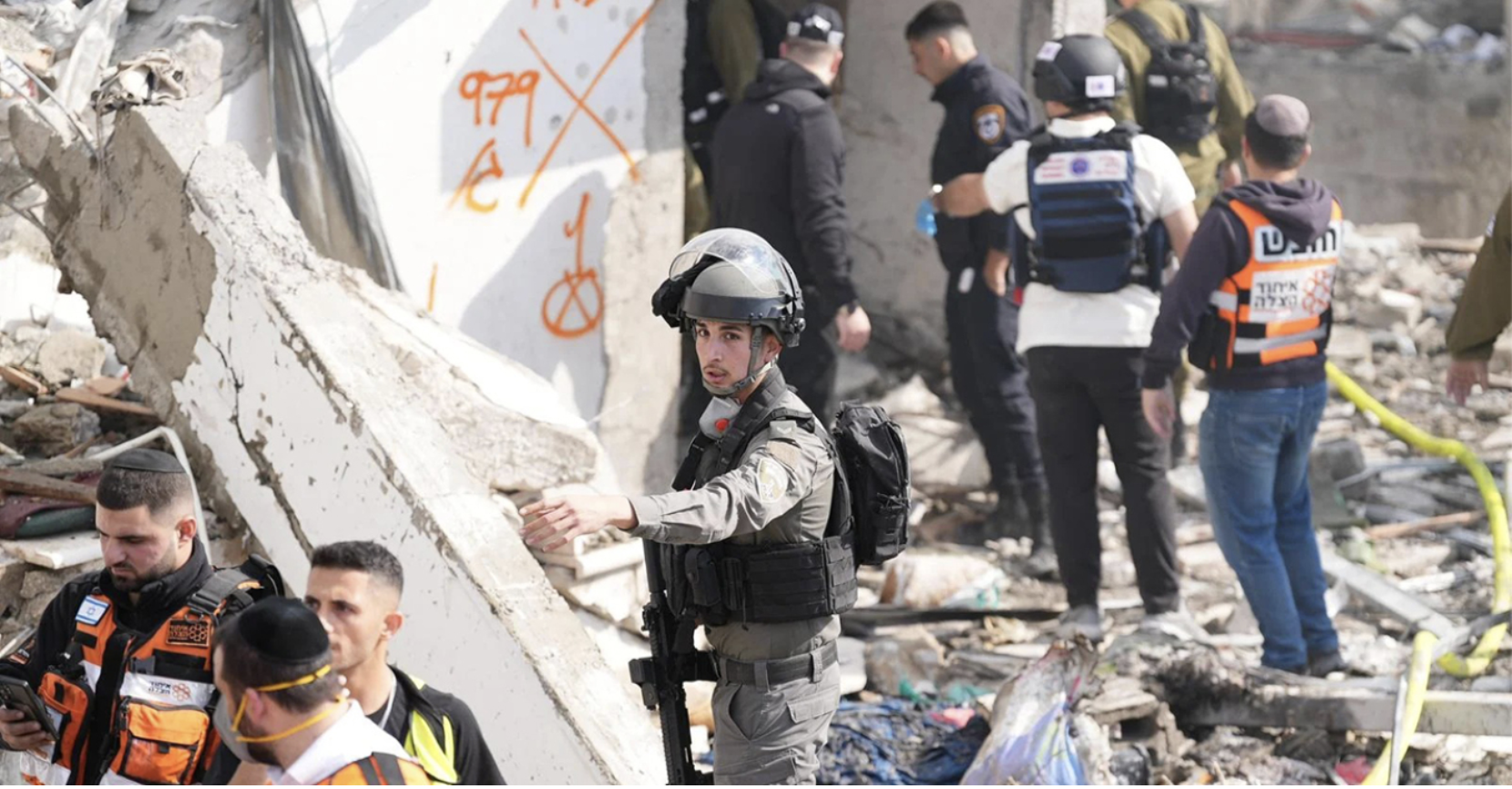Financial Times Europe correspondent Henry Foy publishes a long piece entitled “A Greek Tragedy: How much can one nation take?”, focusing on the hardships the Greek people are facing due to the economic crisis, which is now in its 6th year. From FT:
High quality global journalism requires investment.
It has been more than 3,000 years since the remote Greek village of Efyra had its moment of fame. Perched on one of the rolling hills that undulate across the Peloponnese towards the western coast, it was named by Homer himself as a place that Odysseus once visited. High quality global journalism requires investment.
Today, Efyra draws no such strangers on heroic quests. It is lucky if the local bus, which strains to climb the twisting path to the town, stops more than once a day. For those who live here, it is not just its mythical past that prompts them to look back: many locals say it has no future. “We are in danger,” says Aggelos Petropoulos, a local baker and the village’s mayor. “Everything is getting worse. Next year will be more so. Old people will die. Young people will not stay. We need help.” This is a plea increasingly heard across Greece, after more than eight years of financial catastrophe. Today the country has become a byword for the brutal economic, political and social fallout that followed the 2008 crisis. The economy shrunk almost a third in the ensuing years, and the government is effectively bankrupt without outside support: it owes about €320bn — not far from double its gross domestic product of €181bn. High quality global journalism requires investment.The effects of such economic hardship are now being felt across the country. Unemployment is at 23 per cent and 44 per cent of those aged 15-24 are out of work. More than a fifth of Greeks get by without basics such as heating or a telephone connection. In 2015, 15 per cent of the population lived in extreme poverty compared with 2 per cent in 2009, according to a recent study by Dianeosis, a Greek NGO. “There are families that do not have anything to eat,” says Petropoulos, a squat man in his mid-forties. “I give bread away for nothing. I know everybody here and I know who needs it the most.” In summer 2015, as Greece teetered on the edge of the financial precipice, the EU warned that its plight put the future of Europe at stake. After months of political brinkmanship by the country’s leftist government and European authorities, the nation was granted an €86bn package, its third bailout in five years. Eighteen months on, the Greek crisis has disappeared from the minds of many in Europe, replaced by new difficulties such as Brexit, a wave of terror attacks in capital cities and looming elections in countries such as France and Germany. But in Greece, the crisis rages on. While the country is arguably in better shape financially than it was two years ago, the social crisis has intensified. In return for the bailout, officials demanded more austerity measures. Spending on hospitals, schools and social safety nets has been slashed, leaving increasing numbers of Greece’s most vulnerable without support. EU officials may cheer signs that Greece’s economy could be improving — it managed two quarters of consecutive growth last year and has forecast growth of 2.7 per cent this year — but a significant turning point looks unlikely. In many ways it is merely a recovery on paper: poverty is increasing and unemployment is still the highest in Europe. “Without a doubt, Greece has made enormous sacrifices to get to where it is now,” said an IMF report last September. “But the significant achievements in balancing the budget, closing the current account deficit and improving the flexibility of the labour market have taken a heavy toll on the society and tested its endurance.” At the same time, the backlash among disillusioned voters is rising. The ruling Syriza party, caught between the radical, anti-austerity promises it made at the January 2015 election and the cold reality of not being able to pay its bills, is in freefall in the polls. Political instability, which has consistently derailed attempts to work through the crisis, looms large. Loans that Greece has been promised are now threatened because of prime minister Alexis Tsipras’s attempts to water down austerity measures and an ongoing row between lenders over whether to reduce the country’s debt obligations. Fresh elections or a breakdown in talks over future financial aid are becoming increasingly likely. High quality global journalism requires investment.
For millennia, Greece’s villages have provided a safe harbour in times of national difficulty. Resilient social bonds and family cohesion, combined with a strong farming tradition, ensured a degree of protection and self-sufficiency when crisis struck. Yet today they are struggling. Just small cuts to local budgets are enough to end the vital services that keep places such as Efyra afloat. Many local schools have been shut or had budgets trimmed. Bus routes, an essential link to nearby towns, have been axed, forcing villages to operate community taxi schemes. Sweeping new taxes imposed across the economy have already left communities scrabbling to survive. It is not uncommon for one retiree’s state pension, which can be as low as €300 a month, to support an entire family, supplemented by food grown in their gardens. And pressure is increasing. Last year pension payments were cut by as much as 40 per cent, while this year will bring €1bn worth of new taxes on cars, telecoms, television, fuel, cigarettes, coffee and beer, and a €5.7bn cut to public sector salaries and pensions. It is a drastic return to reality for many in a country where, for decades, tax enforcement has been lax and social benefits generous. High quality global journalism requires investment. Young people have moved from villages in search of jobs in larger cities, reducing Greece’s rural population by 2.5 per cent in eight years. Those that remain talk of an acute sense of abandonment. “The Troika has really hurt us,” says Litsa Andriopoulou, who runs the village’s solitary grocery shop. She is referring to the European Commission, European Central Bank and International Monetary Fund, which jointly co-ordinated the bailouts and demanded the subsequent austerity measures in return. “Their demands have affected not rich people, but the poorest here. “Human relationships have changed. People are closed off in their homes. They don’t come out,” she says. “Those that had businesses here have now closed them.”
more at: FT.com
Ask me anything
Explore related questions





